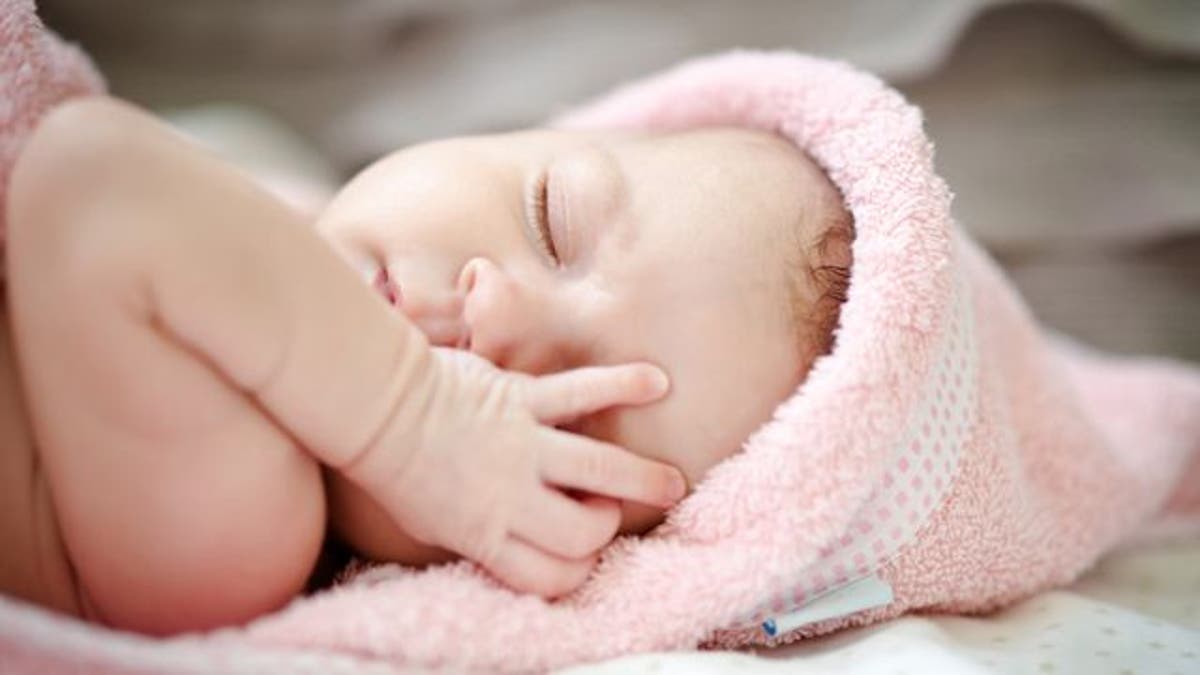
When parents find out their newborn carries a gene mutation linked to cystic fibrosis, many use the information unexpectedly or inappropriately, according to a new study.
More than 30,000 people in the U.S. are living with cystic fibrosis, an inherited condition causing mucus buildup in the lungs, lung infections and difficulty breathing, according to the Cystic Fibrosis Foundation. Two copies of the mutated gene, one from each parent, are normally required to cause the disease.
Newborn screening can identify infants with cystic fibrosis and those who carry just one mutated gene without being affected. In the case of an infant found to be a carrier of one mutated gene, parents are offered genetic counseling and testing to see which of them was the source and is therefore also a carrier.
Some of the additional, or incidental, information from newborn screening, like carrier status, may be valued and used, said lead author Dr. Yvonne Bombard, a genomics and health services researcher in the Li Ka Shing Knowledge Institute of St. Michael's Hospital in Toronto.
"Where additional - incidental - information is not clearly understood, it could create risks leading to unintended consequences such as those that we found in our study," Bombard told Reuters Health by email.
In the new study, the researchers surveyed mothers whose infants tested positive for a CF gene mutation at the time of newborn screening, including some whose babies were later found not to be carriers of the gene mutation after all.
Researchers sent surveys again one year later, asking whether and how the mothers had talked to other relatives about the results, whether mothers had had carrier testing themselves and if their child's carrier status had influenced their decision to have additional children.
Just over half of the 246 mothers who received the surveys returned them at the start of the study, and just under half returned the second set of surveys at the one-year point. At the beginning of the study, 77 mothers said their child carried the mutation, 30 said their child had no mutations, 20 did not know and 4 said testing was pending.
Among responding mothers, 55 percent had themselves been tested. Fifteen women intended to get tested and by the second survey, six of them had followed through.
More than 90 percent of mothers of carriers told their relatives that they may carry the cystic fibrosis gene, but 65 percent did not expect the results to influence their own family planning in the future.
Unexpectedly, some mothers of non-carrier children also told their relatives that they might be carriers.
Among mothers of carrier children, some told both sides of the family that they could be at risk, despite not knowing which parent was the carrier. "We're letting everybody know, but we didn't feel like we needed to do the testing ourselves to narrow down exactly who to give the information to," one mother said in an interview that was part of the study.
Telling all relatives about a cystic fibrosis mutation, rather than just the side with the mutation, may lead to more testing and counseling services than necessary, the authors write in Genetics in Medicine.
"These results indicate a need for improved parental understanding of the implications of non-carrier results," study coauthor Fiona A. Miller of the University of Toronto said by email.
Some parents reported testing other children for carrier status, which also conflicts with guidelines, Miller said.
"It appears that a baby's carrier status for the cystic fibrosis gene may in some cases have a major bearing on their parent decisions but will not always do so," she said. "The study was not long-term enough to explore whether the baby - as an adult - gets accurate access to this information or uses it in their own reproductive decisions."








































